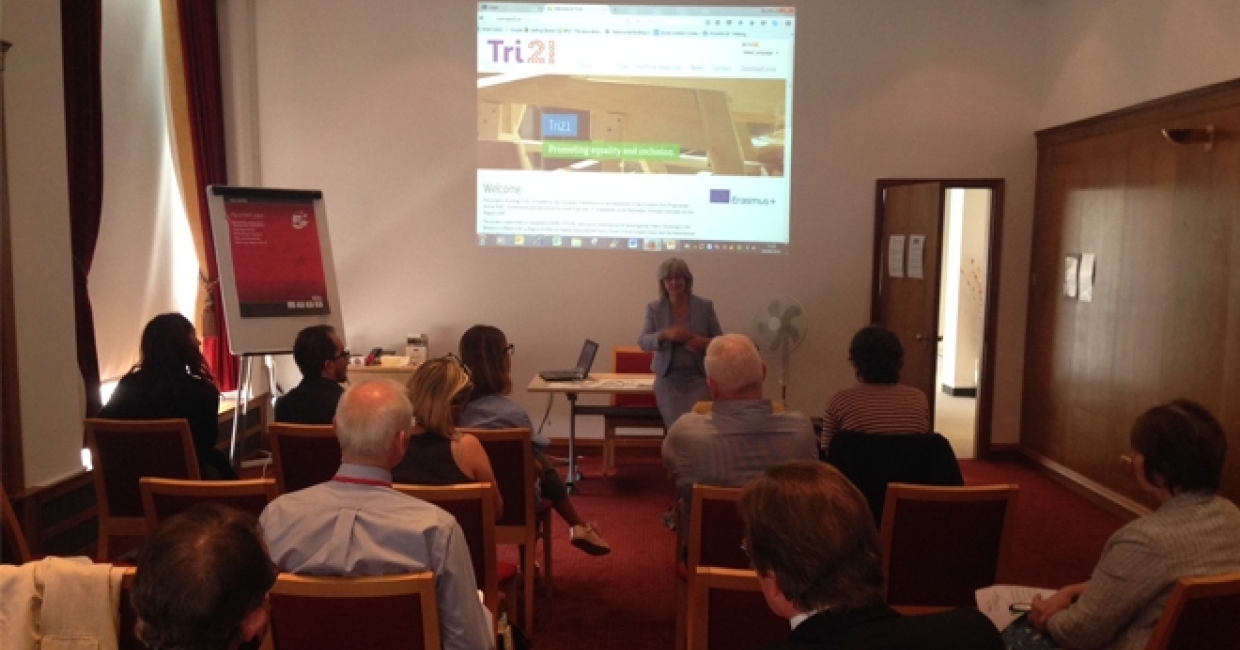Two new courses, designed to help furniture companies identify suitable job opportunities for the less able, have been developed following a two-year international project.
Supported in the UK by British Furniture Manufacturers (BFM), the Working Tri-21 project set out to discover how people with disabilities - primarily those with Down's syndrome (Trisomy 21) - could be more easily integrated into jobs across the furniture sector. The BFM was part of an international consortium which included Spanish and Italian parties.
Jackie Bazeley, MD of BFM, says: "The Tri-21 project was vital in understanding how the furniture industry can embrace and train less able individuals to work within the sector and prevent them dropping out of working life. It was also a great way of learning how we can ensure that those with a disability can feel valued in society and how the furniture industry can increase their social inclusion."
At a knowledge sharing event held by the BFM, delegates heard that as a result of the study a traffic light system had been developed to analyse the skills, capacity and knowledge needed in various job positions within the sector and help employers identify suitable job roles for less able people.
As a result of this, two industry courses - ‘pillow-caser' and ‘storekeeper' - which consist of 100 hours theoretical work and two months' practical work, have been developed to support both employers and employees participation in the scheme.
Speaking at the event, held this month at the Clare Centre, Saunderton, Carlotta Leonori of the Associazione Italiana Persone Down Onlus says: "Following the BFM's work, we further analysed people with disability regarding skills, competencies and potential skill miss-matches for working life. We discovered that the ‘average' person doesn't exist and that everyone has individual characteristics, regardless of their disability."
In phase three, The Centro Tecnológico del Mueble y la Madera de la Región de Murcia, then listed the possible job positions in relation to people with some disabilities, following the research undertaken beforehand using the same traffic light system.
Irene Morici, Associazione Centro Studi Citta di Foligno, comments: "In the fourth output, we designed trial training courses to create a dynamic learning environment by incorporating active learning strategies into every unit. We analysed the training needs of the users and established the goals and priorities of education. "
The trial courses, undertaken in Yecla (Spain), consisted of theoretical work and two months practical work, with guidelines available in English, Italian and Spanish.
Jackie adds: "Although the study doesn't conclude until the end of August it has been hugely worthwhile. We are hoping to make the courses available across the furnishing sector as soon as possible."
For further information on the project contact [email protected] or visit www.workingtri21.eu










